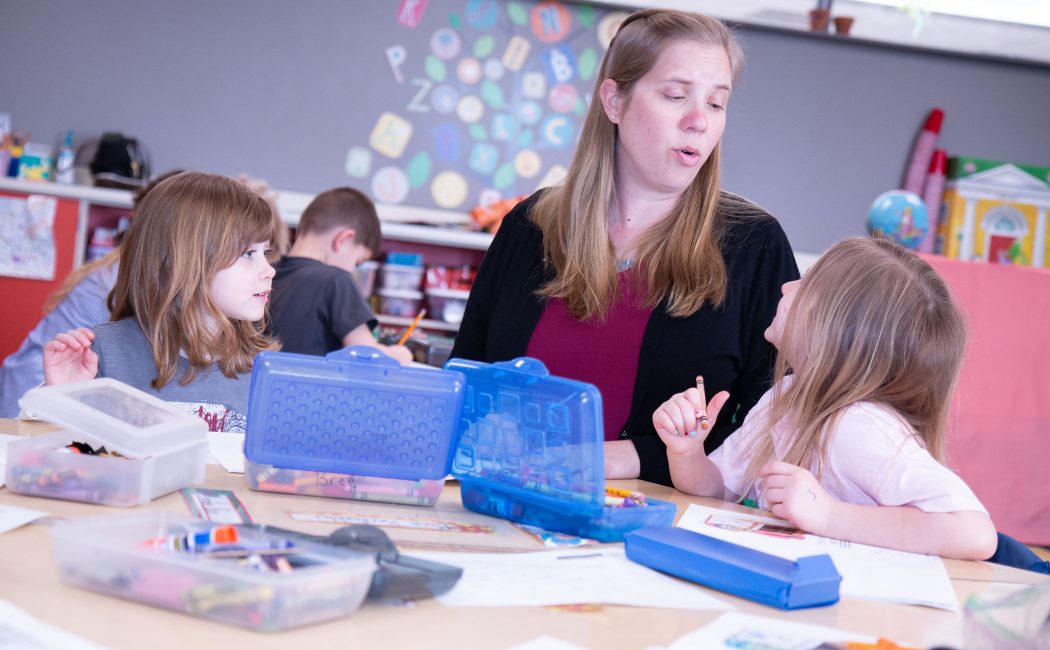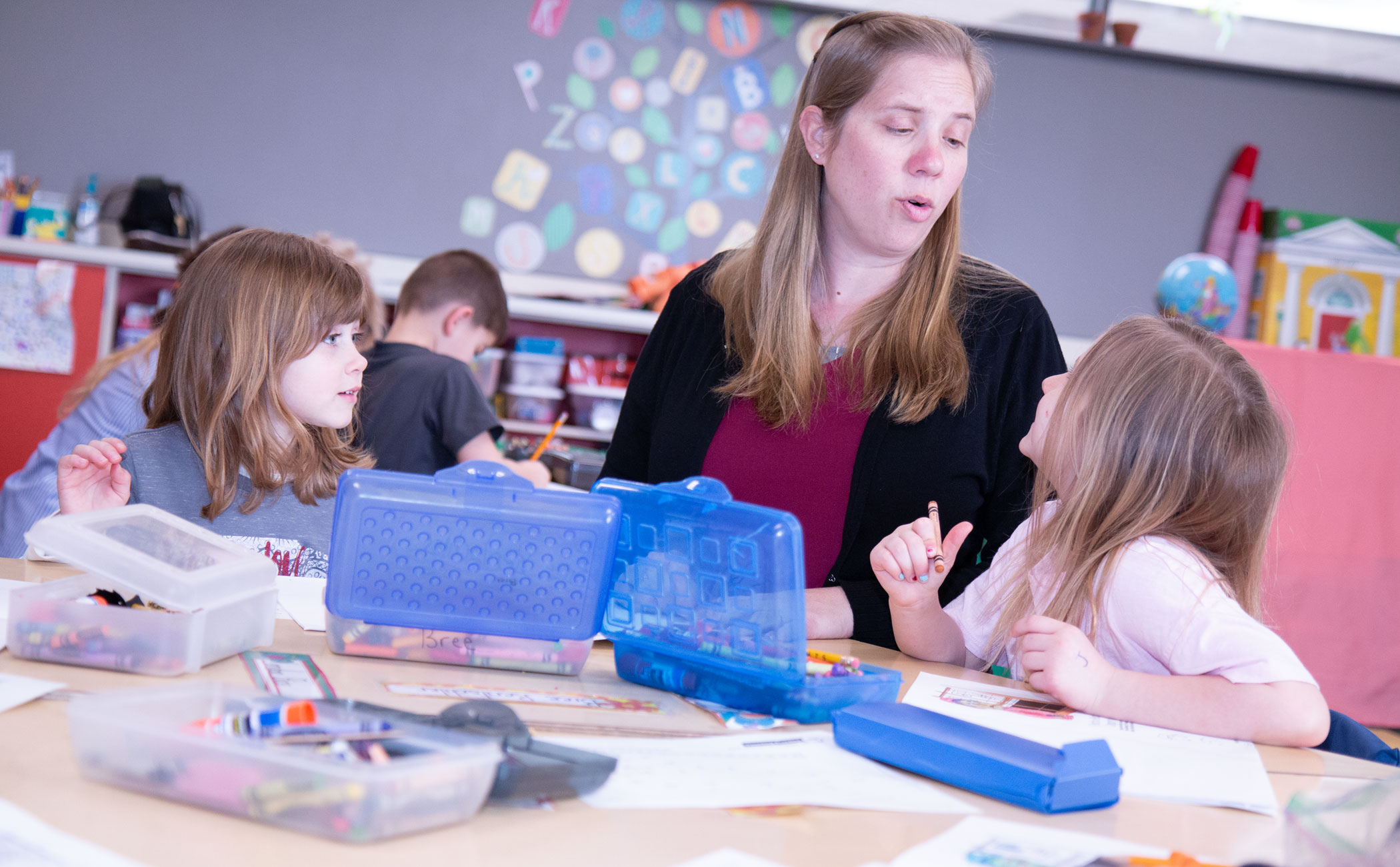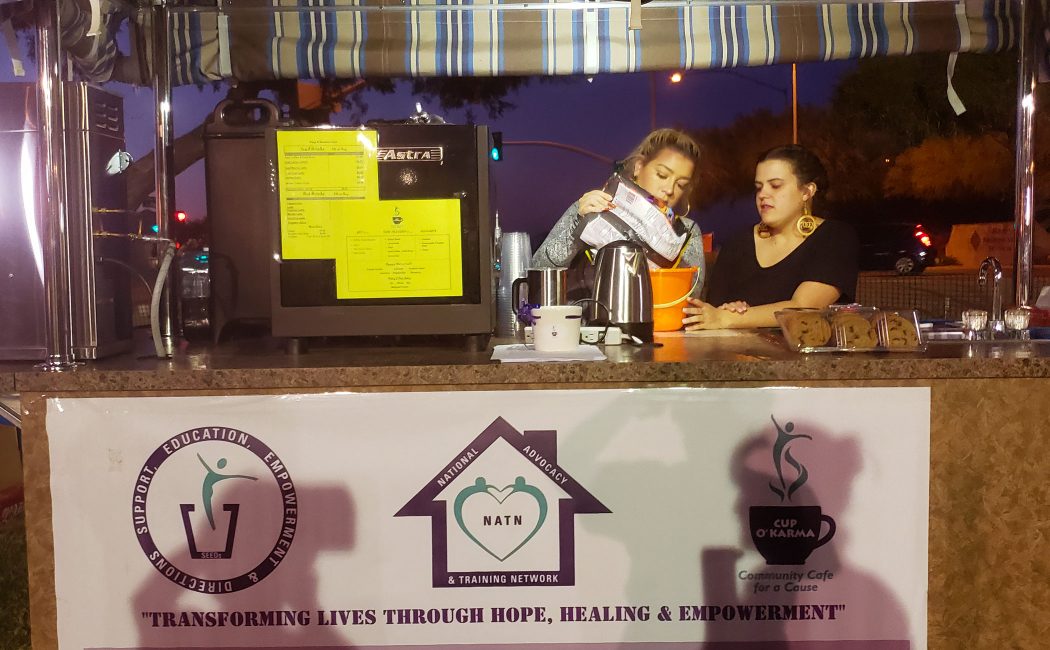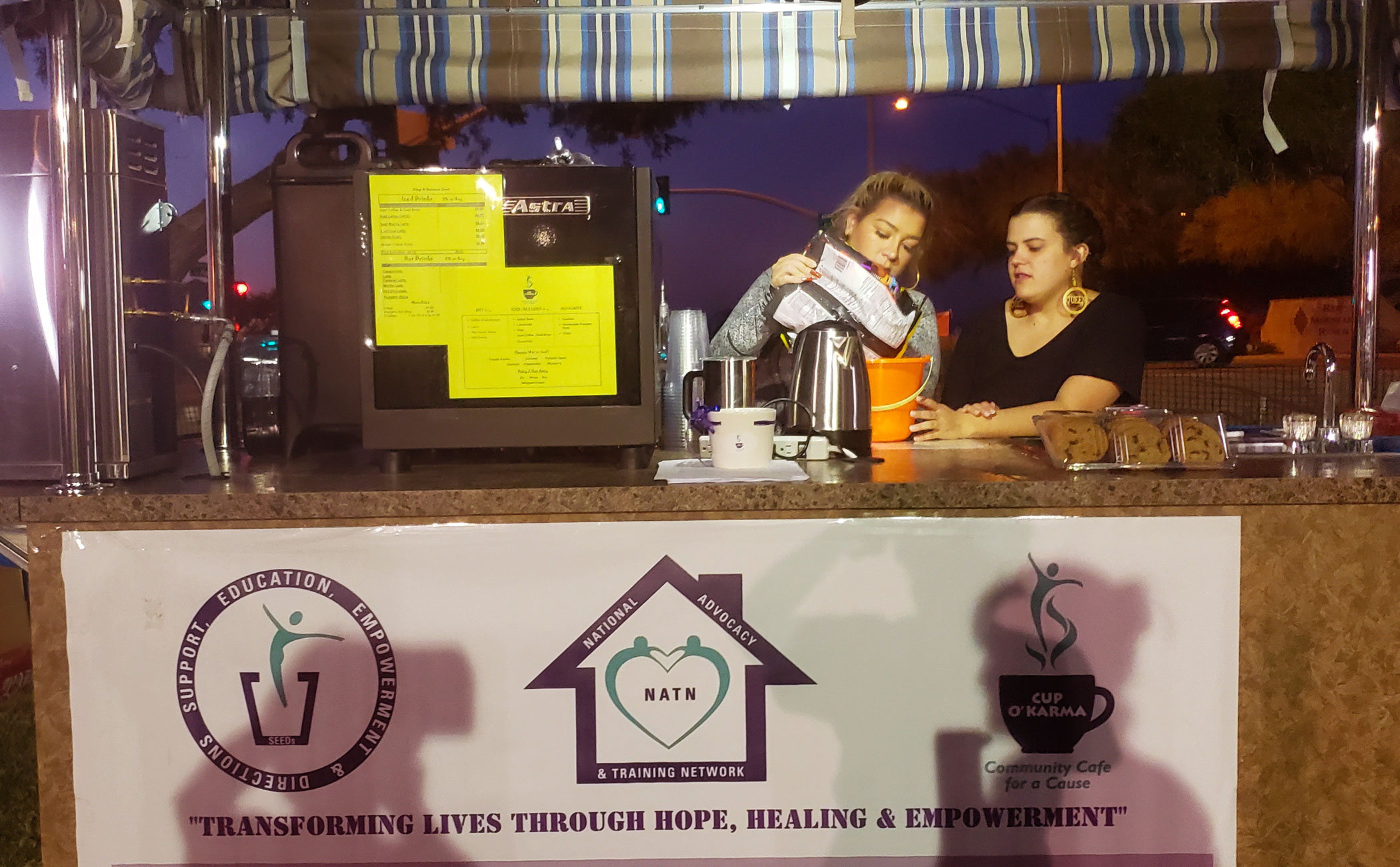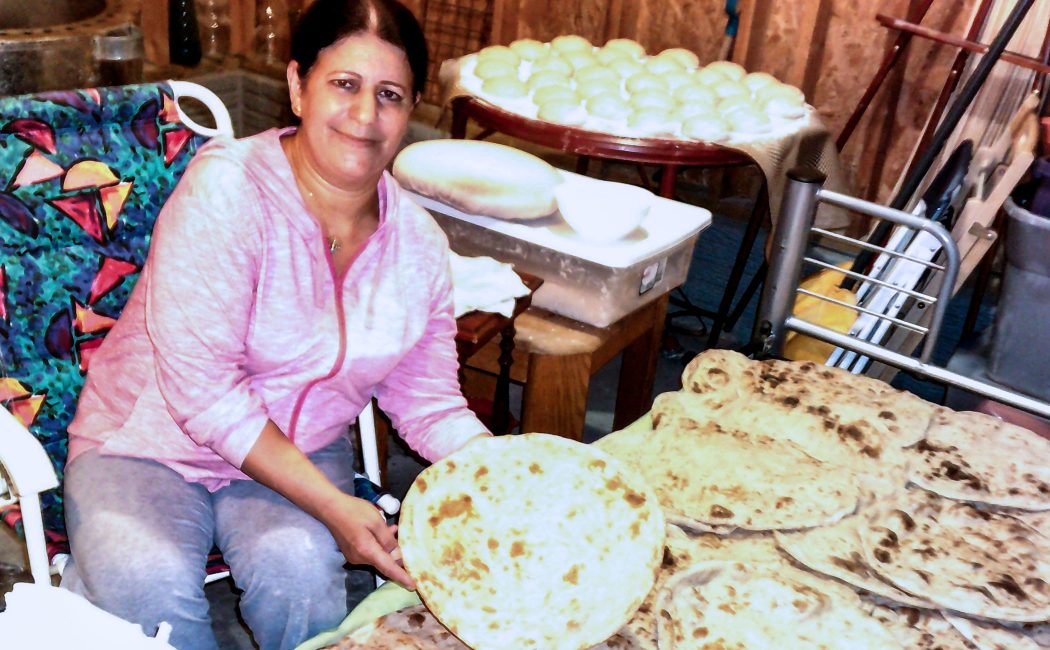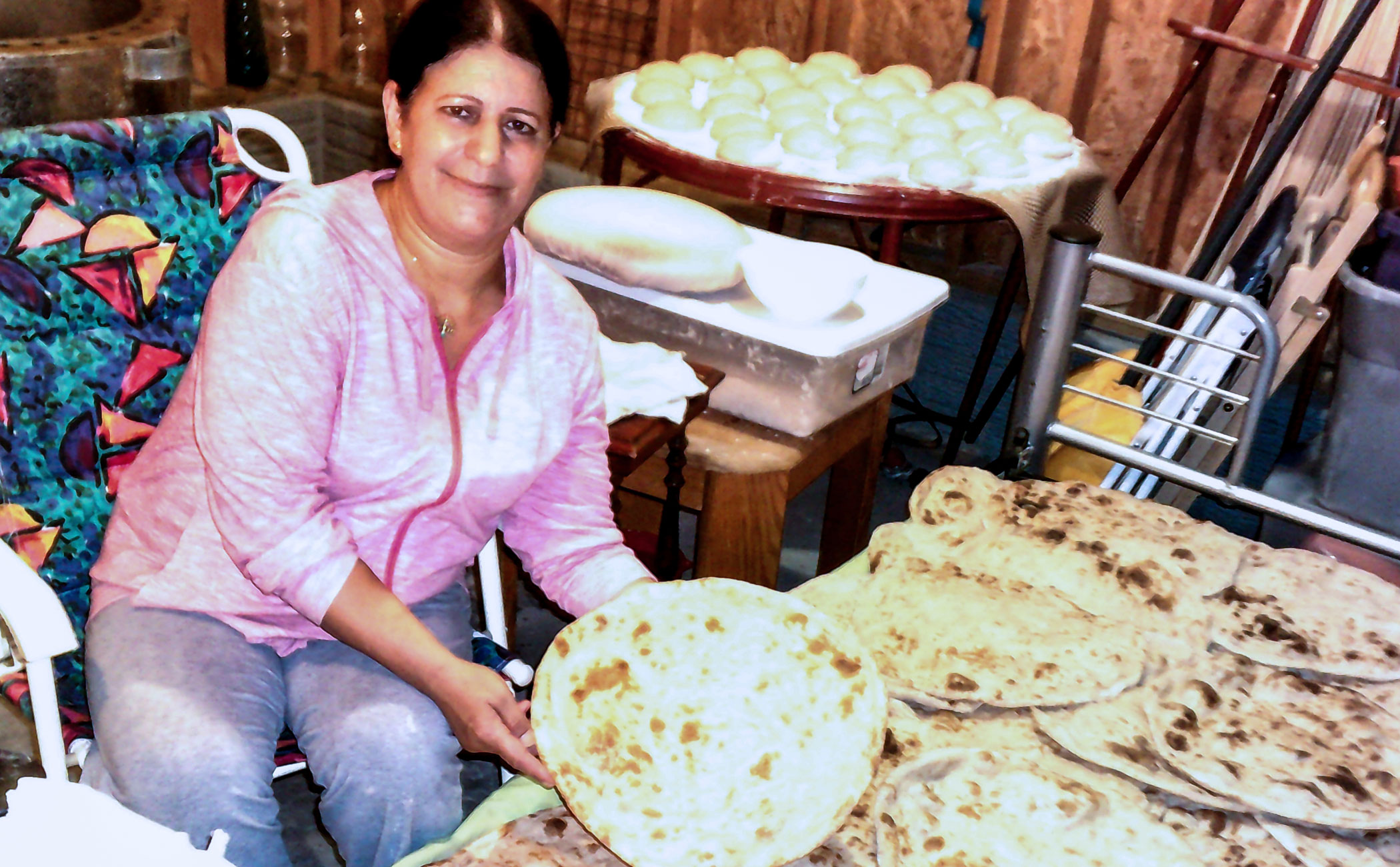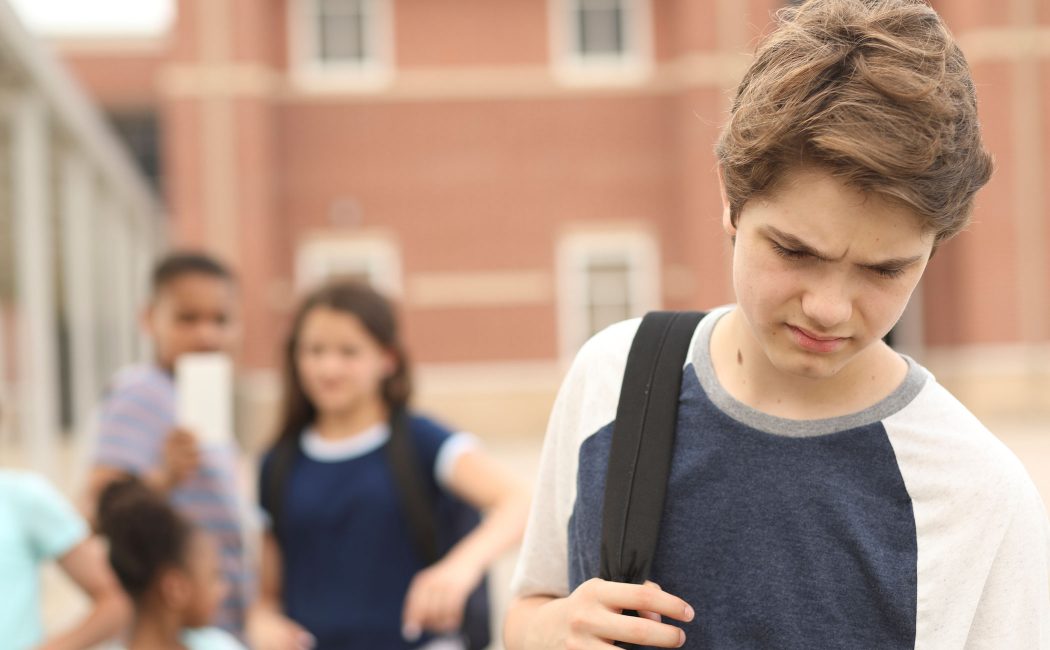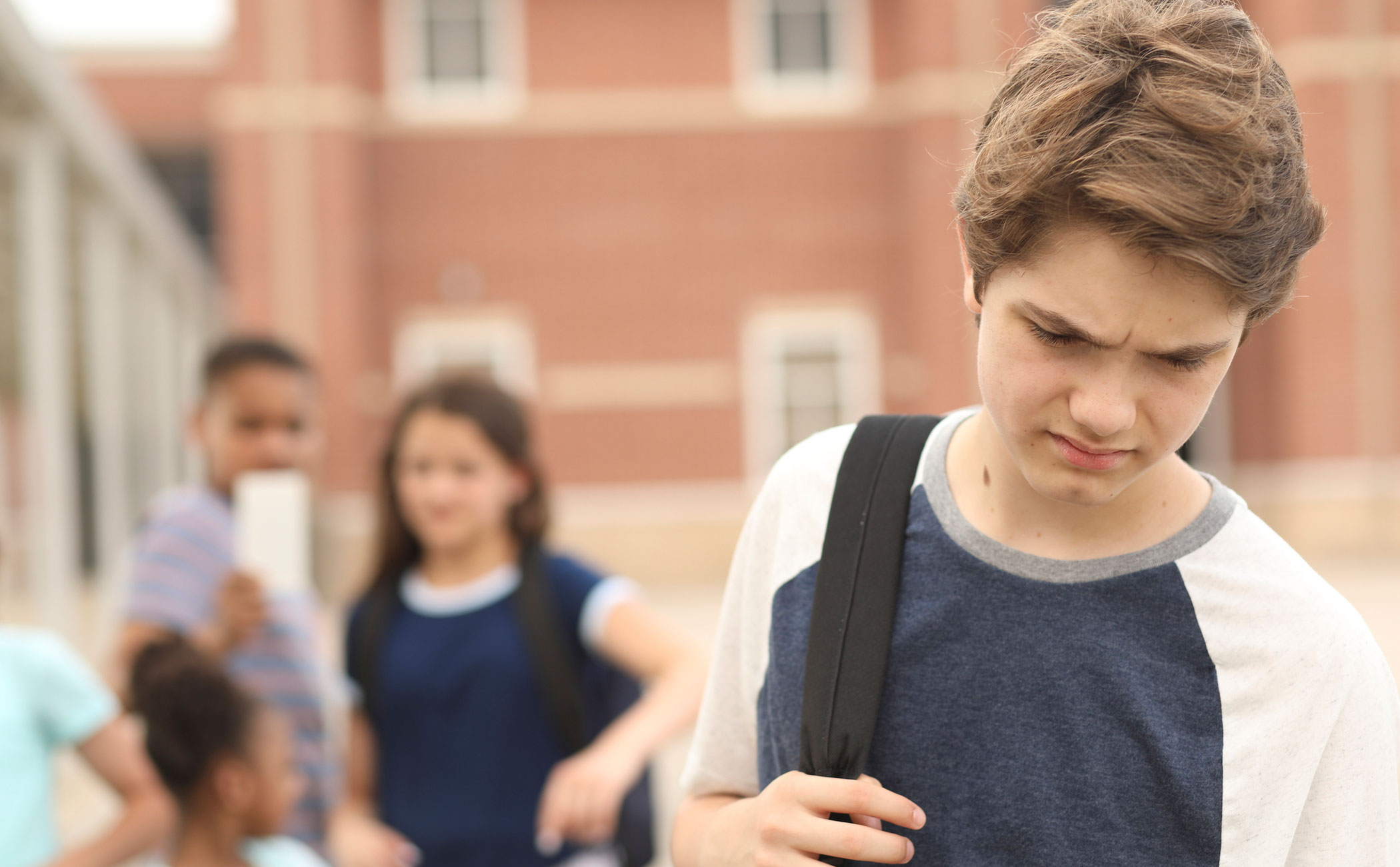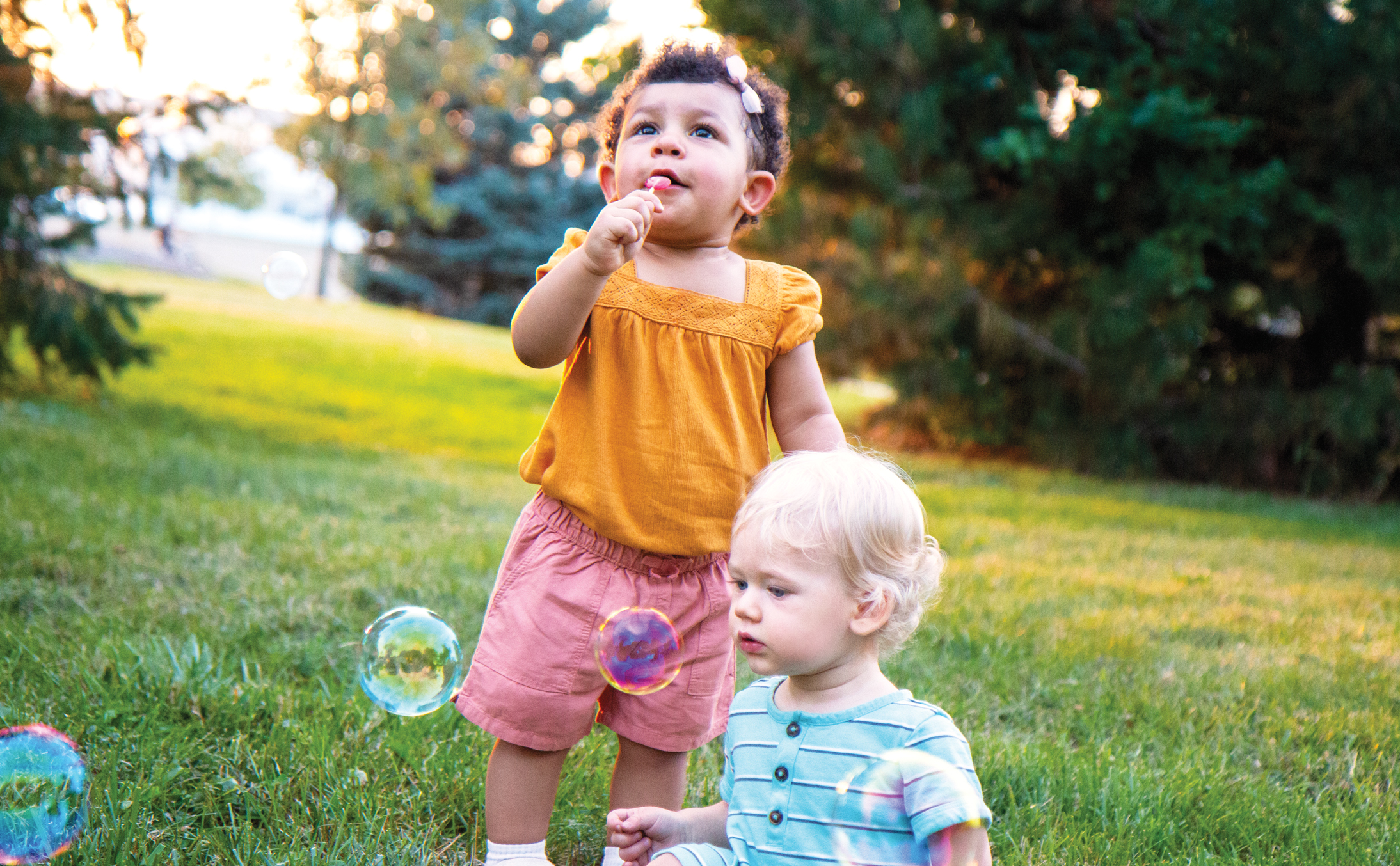
In a year unlike any other, CYFS and its diverse partners in research, practice and policy have continued work to impact lives through research that advances learning and development.
The CYFS annual report for the 2020 fiscal year, which ran from July 2019 to June 2020, is now available — highlighting efforts to address social, behavioral and educational challenges facing society, both amid and in response to the COVID-19 pandemic.
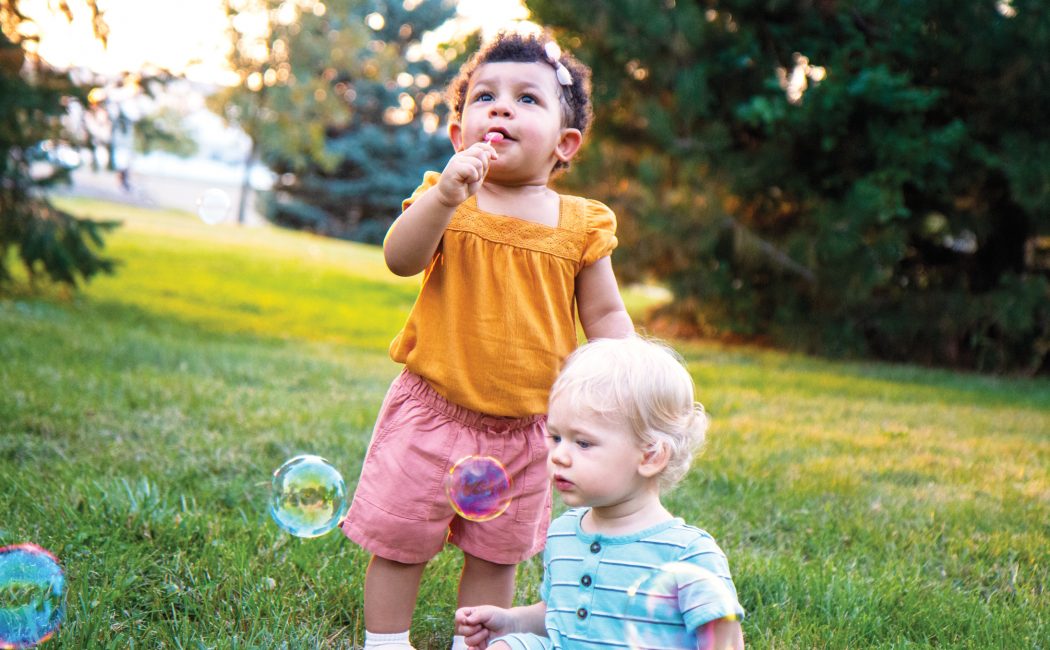
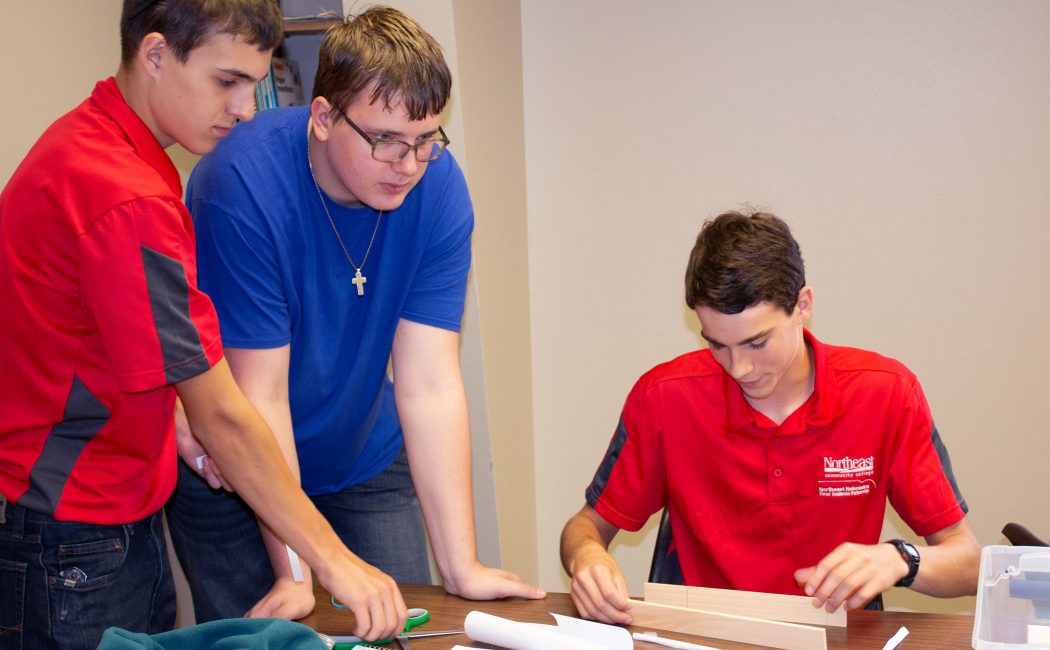
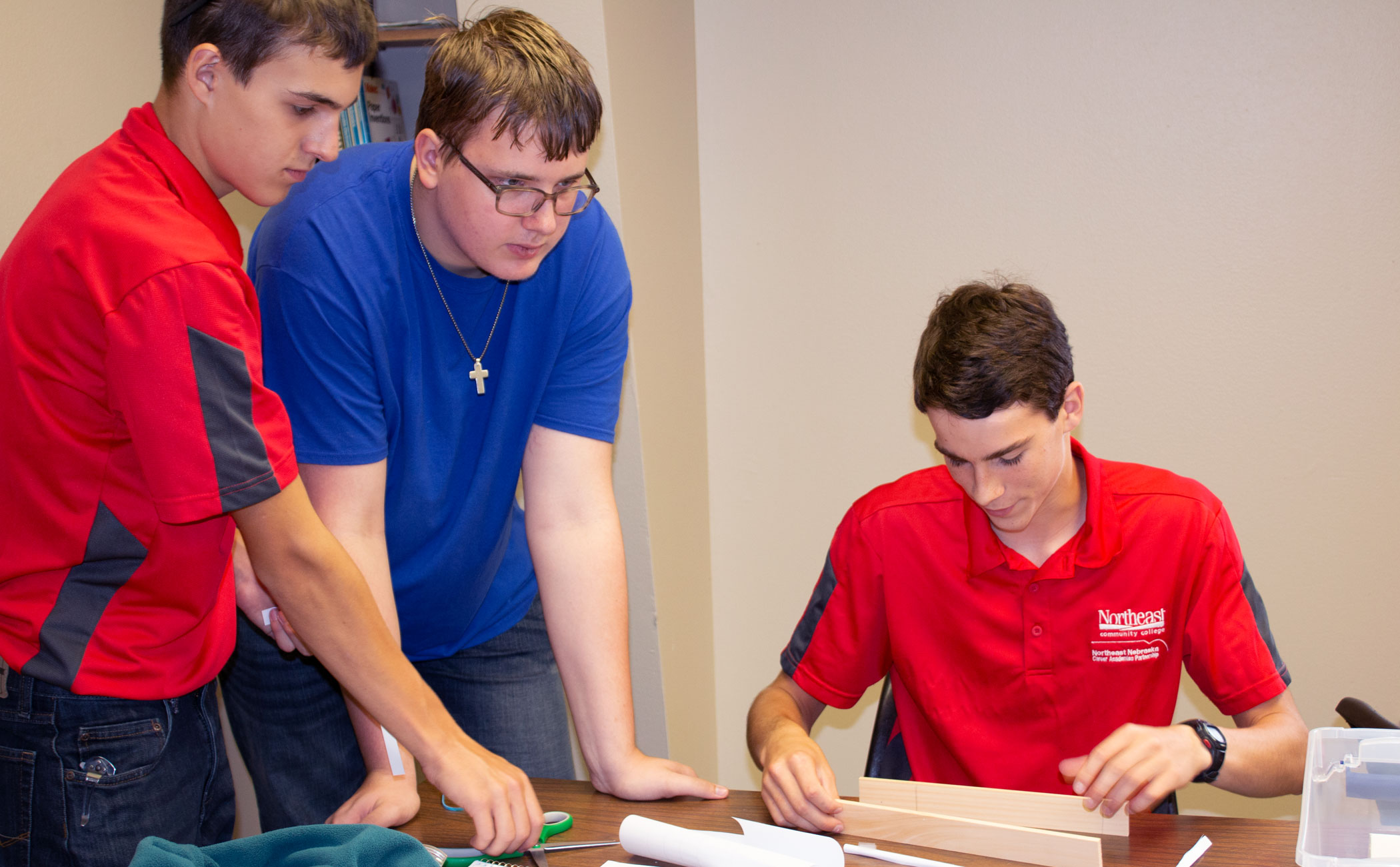
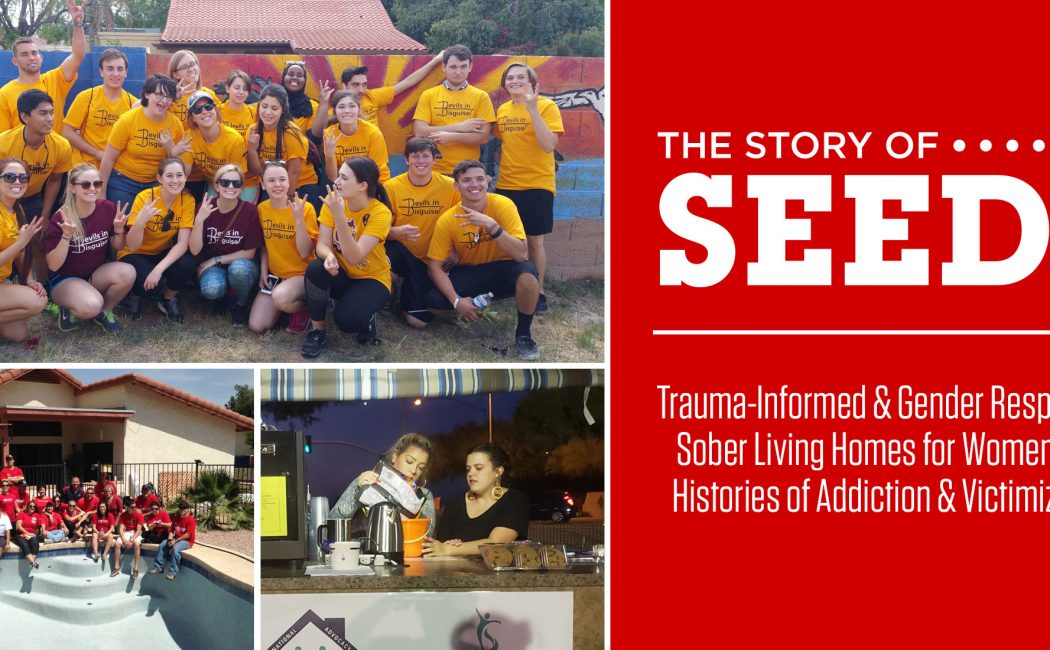
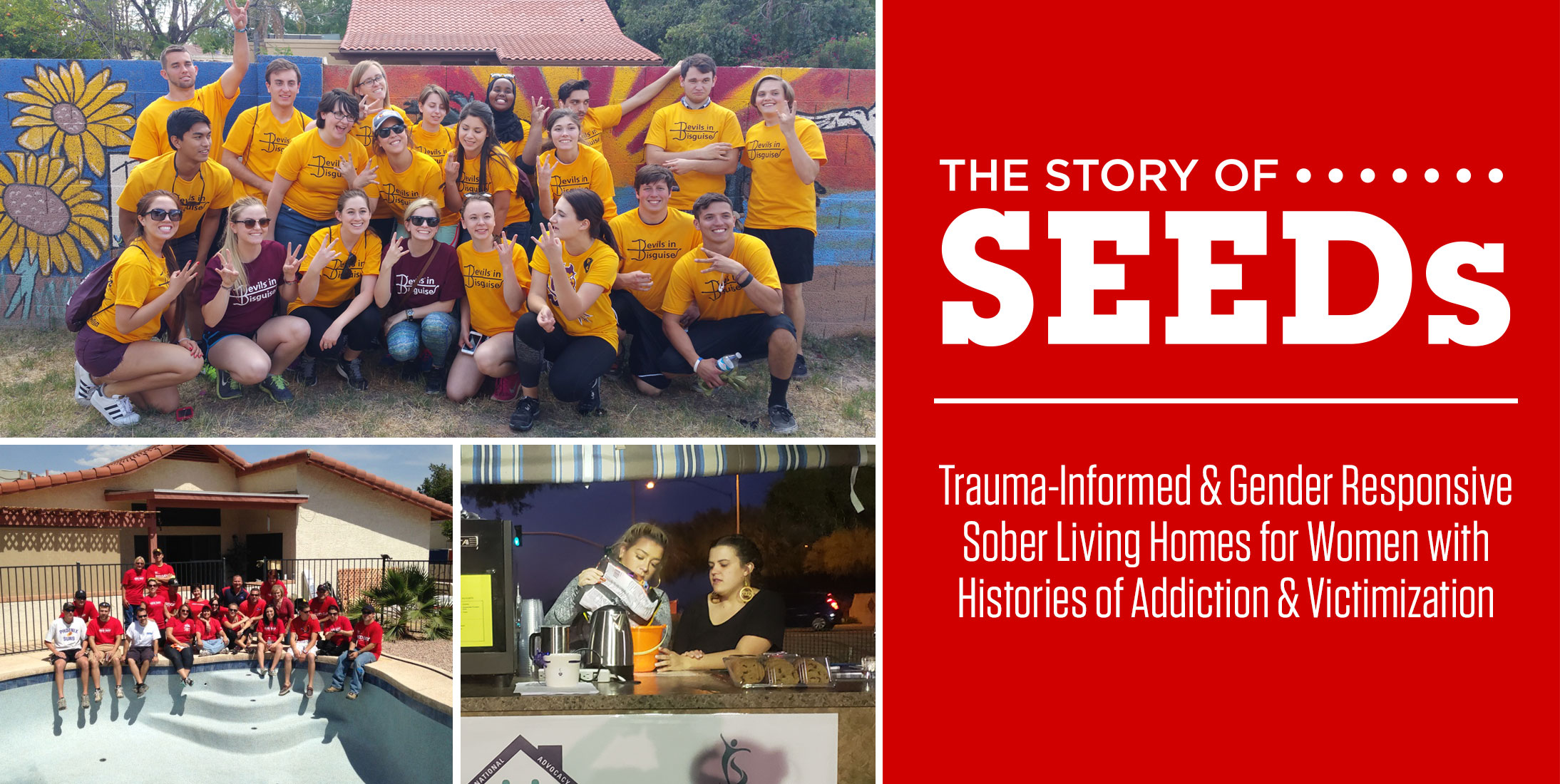 About 200 practitioners, advocates, students and policymakers attended an Oct. 19 webinar, “
About 200 practitioners, advocates, students and policymakers attended an Oct. 19 webinar, “

